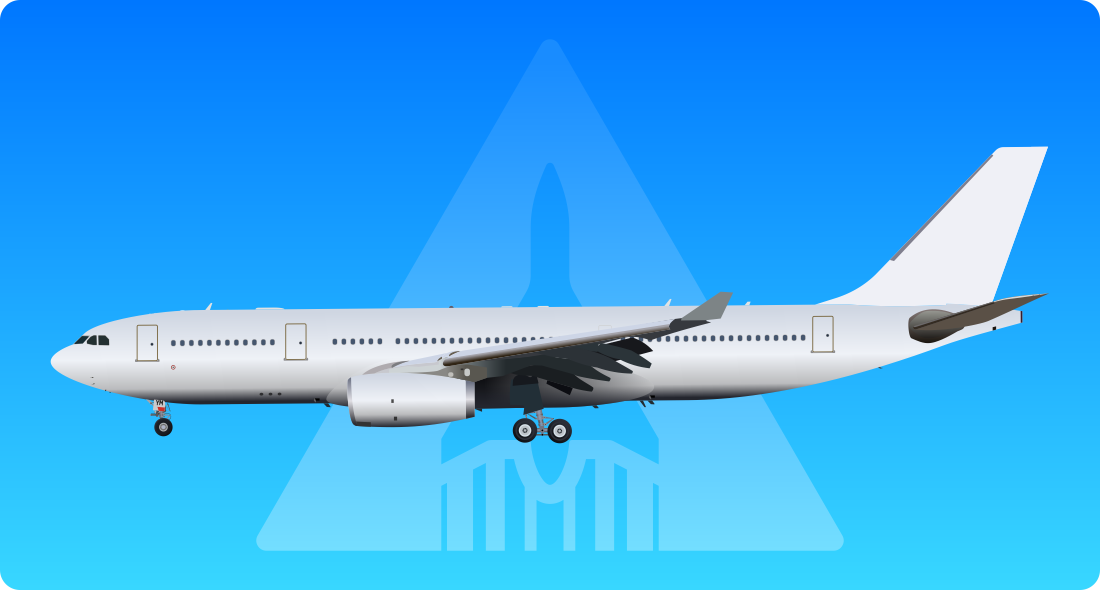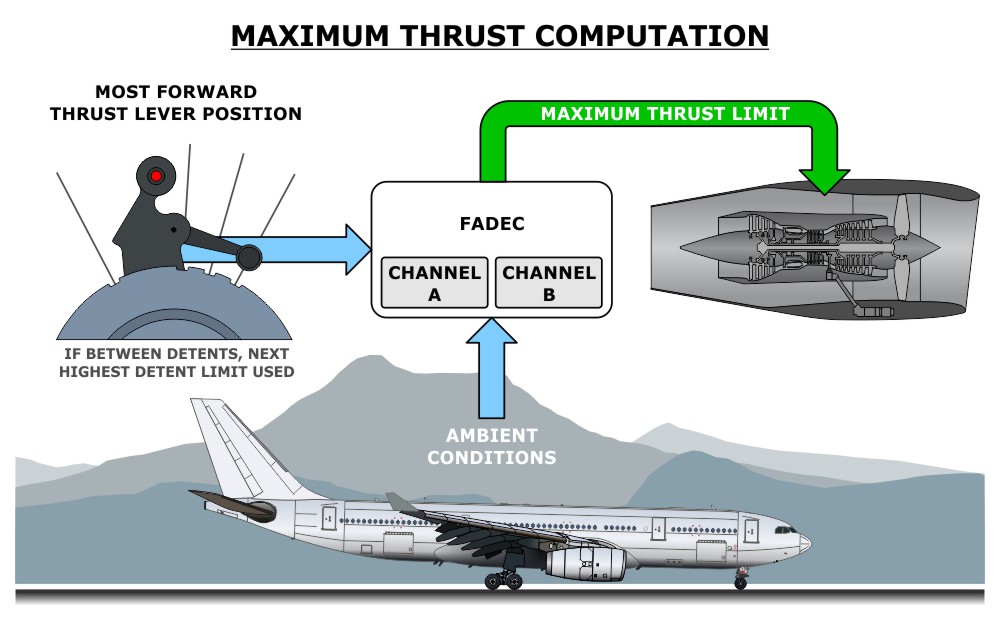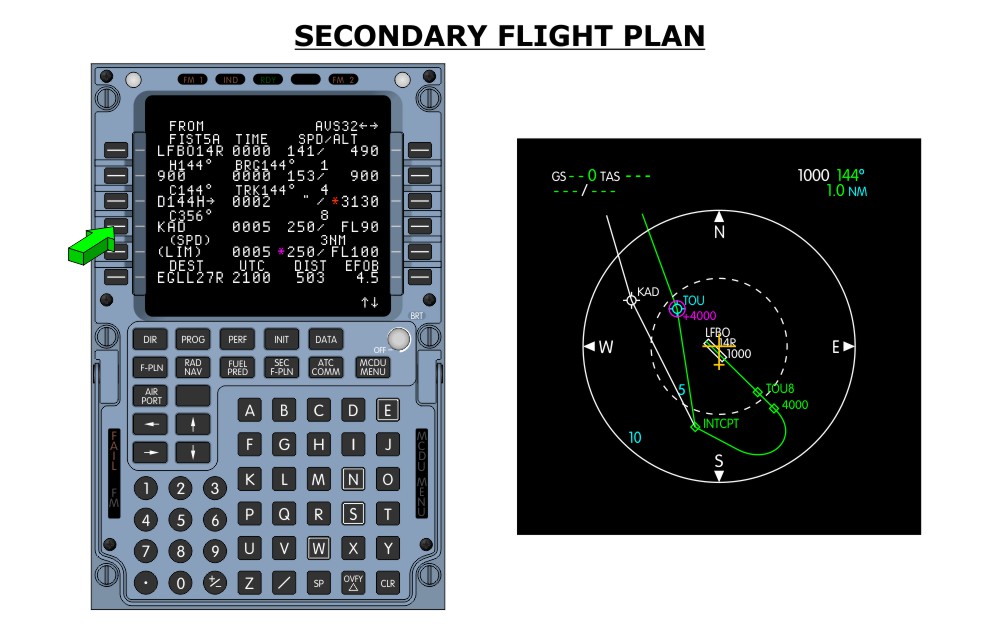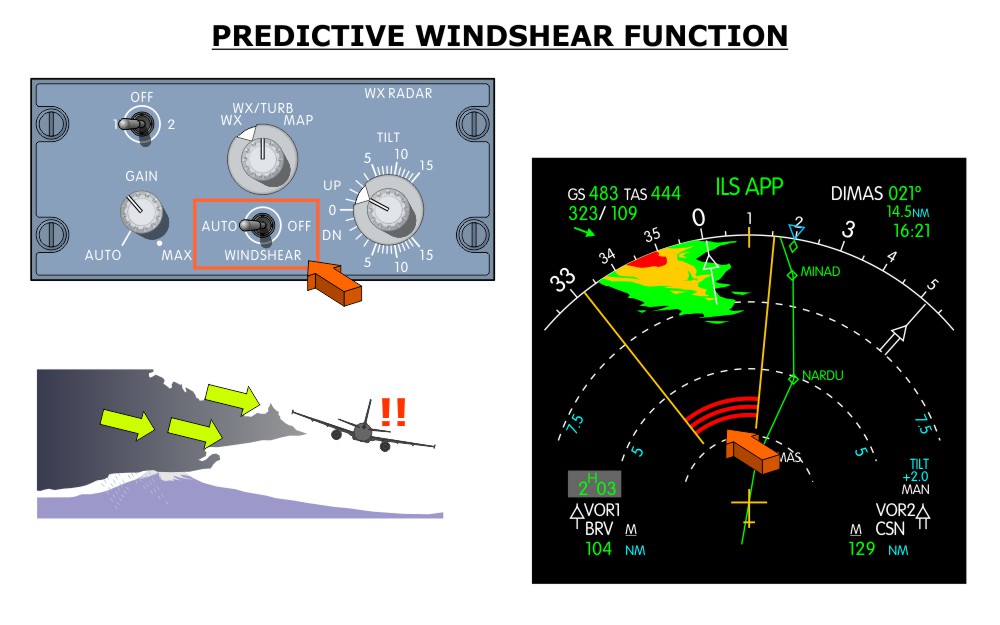The Airbus A330-200 CCQ Course covers nine A330-200 aircraft systems that are different from the A320, including Air Conditioning, Electrical, Flight Controls, Flight Control Laws, Fuel, Hydraulics, Landing Gear, Pneumatics, and Engines, including both the Pratt & Whitney PW4000 and Rolls Royce Trent 700 engine types- users can choose which version they want to view.
Embedded actions and features add to both the interactivity and the educational value of this A330-200 CCQ online training course, which walks you step-by-step through all the systems and associated operations, providing far more visual explanation than a typical aircraft manual. Each module concludes with a test, and when all the modular tests are successfully completed, a certificate of completion is generated. Airlines and ATOs have the option of editing the test questions, as well as creating a final exam.
- Suitable for Type Rating Initial or Recurrent ground school theory training
- Available online or offline using an iPad
- SCORM compliant- can be deployed on any LMS
- Bundle with General Subject courses such as LVO, PBN-RNP, and UPRT




